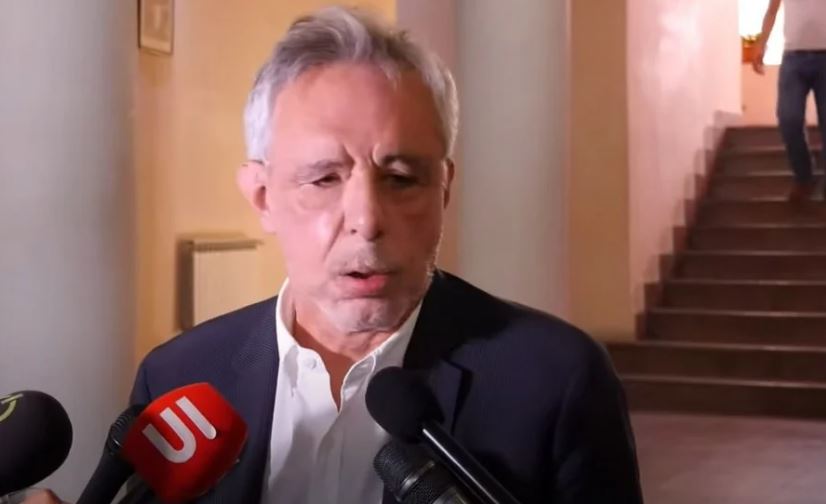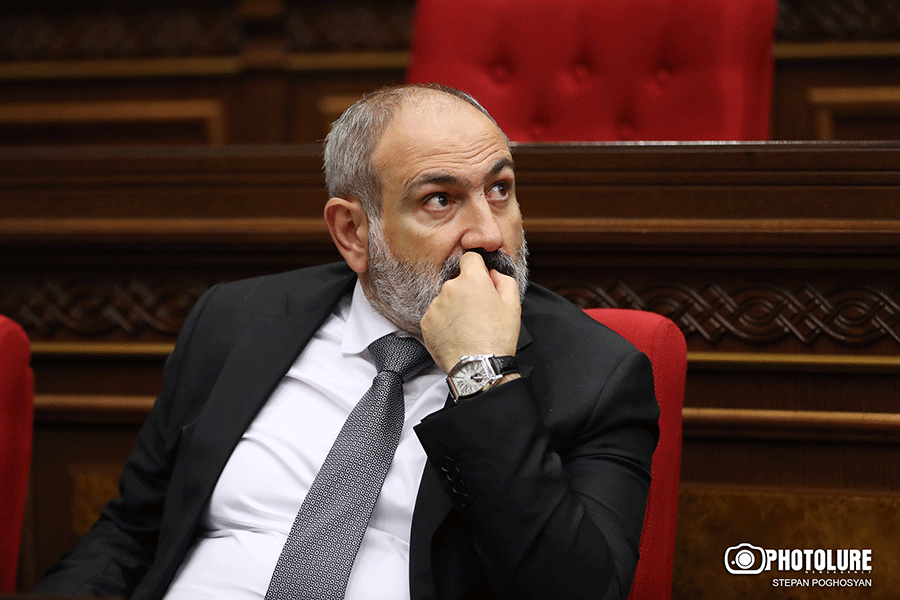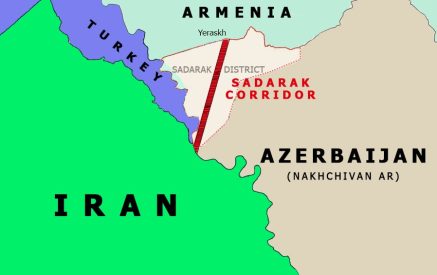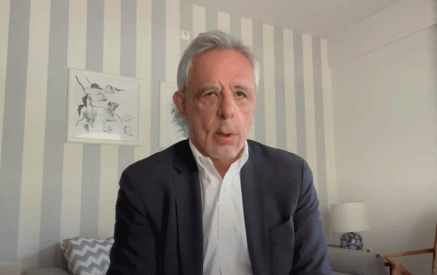“If I, a group of diplomats, are given the authority today, I assure you, within 2-3 months, a drastic change can be made in the situation. But there are some prerequisites here; that authority must be 100 percent. Secondly, Pashinyan should be silent for three months and not speak anywhere. There is nothing else like the damage done to Armenia and the Armenian people due to Pashinyan’s speech. Pashinyan’s talk brought us war, and Pashinyan’s talk after the war deepened it all. Today, his speech complicates his situation and makes it more difficult to change it daily,” said former Armenian Foreign Minister Vardan Oskanian in a conversation with journalists.
He elaborated on what the negotiation group will do. “First, the logic and narrative of the negotiations must be changed very quickly. By signing a peace treaty, we are not negotiating a hasty solution to the issue created due to an unjust war, under unequal conditions, or the threat of war. Still, we enter into negotiations as a result of an unjust war, under unequal conditions, to search for the right ways, which will create an opportunity for Armenia and Azerbaijan to reach a just and stable peace. This fine distinction must be made and is an important first step in changing the negotiation narrative.

Armenian Foreign Minister Vardan Oskanian
Secondly, the current negotiation agenda should be expanded. Today, there is no Armenian demand on the negotiation agenda; only Azerbaijani demands exist. The Armenian delegation in Washington and elsewhere negotiates only to give Azerbaijan’s demands such packaging that will be understandable for the Armenian people. In other words, if they come and say that it is not so, this means that there are still some hopes. All they are trying to do is that Azerbaijan while meeting the requirements, should give such a packaging that would be understandable for the Armenian people. Azerbaijan does not even allow that. Azerbaijan wants its demands to be written so that there is no possibility of different interpretations. Today, negotiations are going on about it.”
According to Vardan Oskanian, the issue of the status of the Nagorno-Karabakh Autonomous Oblast during the Soviet period should be put on the negotiation agenda; “In the Soviet period, Nagorno-Karabakh was an autonomous region; this fact should be on the agenda of today’s negotiations. Let’s not forget that it is this fact that, in 1991, gave the people of Artsakh the opportunity to strive for self-determination and hold a referendum. It became acceptable for the international community precisely because the NK people had an autonomous region during the Soviet period. It must be brought to the table today.
Read also
Due to negotiations, it will open up new opportunities to reach some political and legal solutions. There cannot be a counter-argument to this. The international community will immediately bring this to the negotiating table. Azerbaijan may resist, but it will be forced. If Azerbaijan is against putting this on the agenda, Azerbaijan will face severe problems from the point of view of international law. And if this issue enters the schedule, it will give the people of Artsakh an opportunity to strive for independence with the help of the international community.”
According to the speaker, this can be done “within the framework of serious moderation,” not under the threat of war, in the conditions of the blockade of the Lachin Corridor, go sign some document and under these conditions say that Artsakh is Azerbaijan and believe that they can live peacefully or safely. , it’s just a misunderstanding for him. “Discussions of such issues should be excluded. Such a thing cannot happen; why should Artsakh be part of Azerbaijan? When was Artsakh part of Azerbaijan? Artsakh has never been part of independent Azerbaijan.
During the Soviet period, Artsakh was part of the Azerbaijani SSR as an Autonomous Region, and Azerbaijan canceled that period with its Constitution and considered it an occupation. Having all this in our arsenal, we should go silent, participate in negotiations and think about how to satisfy Azerbaijan’s demands so that its formulation is linguistically understandable for our people; this is not diplomacy. Today there is a big field in front of us; we can still do miracles with diplomacy; we need will and desire. It is necessary to put the ego aside and let people come and do it. Don’t come tomorrow and say it wasn’t possible. I say it is possible,” declared Vardan Oskanian.
Answering the question of direct dialogue between Baku and Stepanakert, which the current government of Armenia constantly claims, Vardan Oskanian said. “There will be no such dialogue; the day you hear that a person from Artsakh is talking to Azerbaijan, that’s it, draw a line; Artsakh does not exist. Under these conditions, especially after Nikol Pashinyan signed a document, to hear that the people of Artsakh are talking to Azerbaijan, on that day, you can say, ‘That’s the end,’ because Azerbaijan will talk to the people of Artsakh only as its citizens.”
The diplomat claims that the subject of the so-called Zangezur Corridor should also be closed. If the Lachin Corridor has already been taken and closed, this topic should be closed altogether. “To let Azerbaijan talk about the Zangezur Corridor after taking the Lachin corridor? Some things are mirrored. If a question is raised, Azerbaijan says: Lachin was my territory; it was not in Nagorno-Karabakh; if I allow you, you should also allow me; that’s different. But the man took that area, closed it, and now he comes and makes a demand; the Armenian side accepts it and talks about it. In diplomacy, expressing a clear position from the first moment is sometimes much more useful than playing some diplomacy, saying yes and no.”
Nelly GRIGORYAN





















































